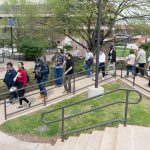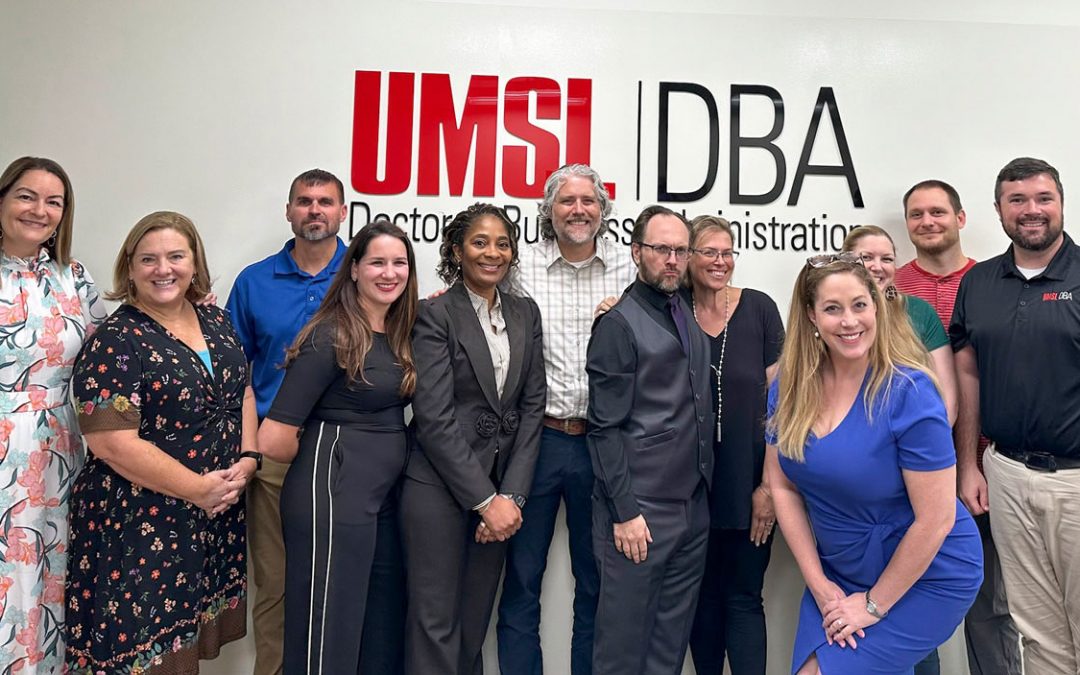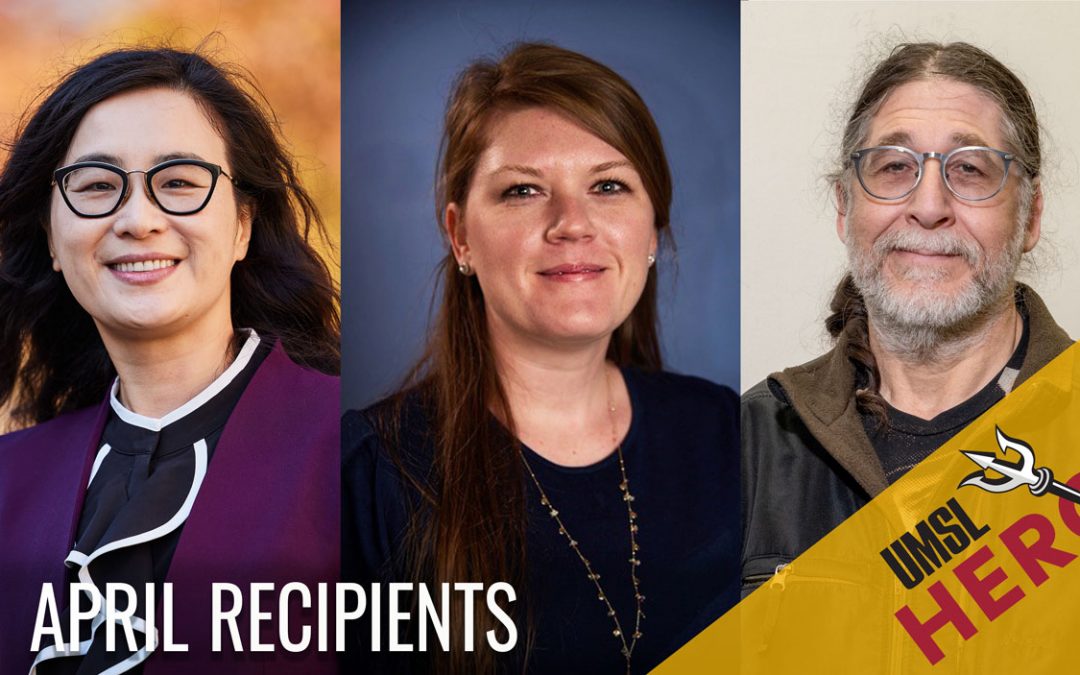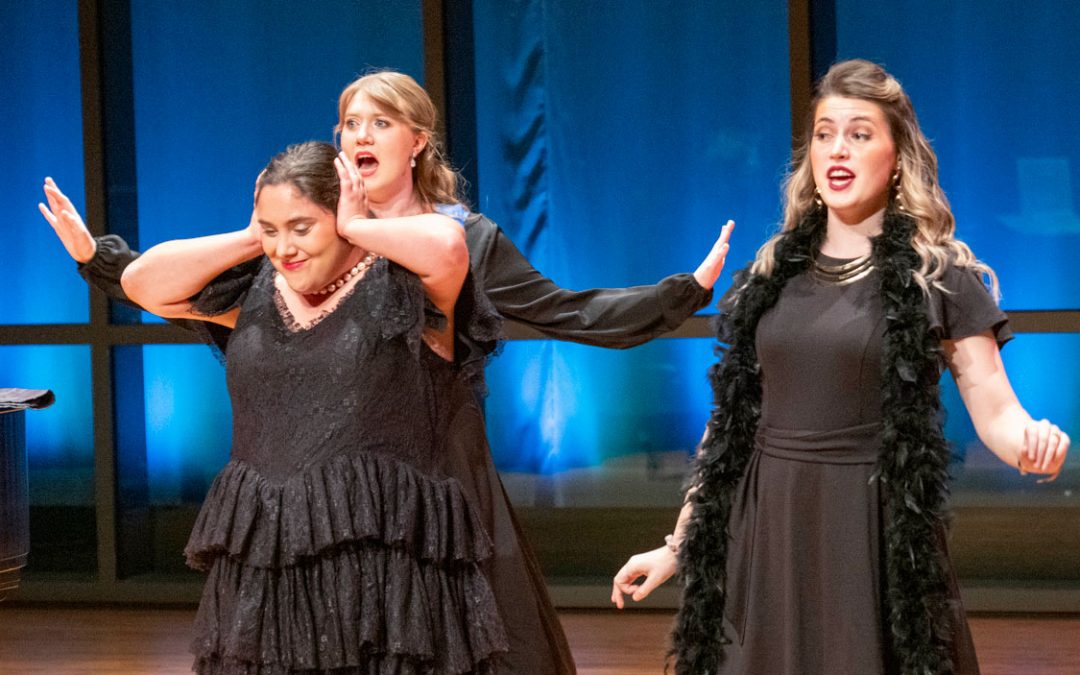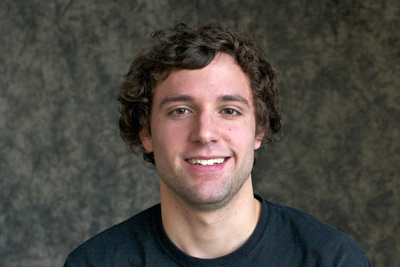
Biochemistry and biotechnology major Ryan Sheridan received a College of Arts and Sciences Research Grants.
Ryan Sheridan, a senior biochemistry and biotechnology major at the University of Missouri–St. Louis, is fascinated by the techniques and methods used to investigate enzyme production and the possibility of creating a sustainable fuel source. So having the chance to conduct research on the process was something he got excited about.
Sheridan, a resident of Wentzville, Mo., received a College of Arts and Sciences Research Grant. The college created a Research Grant Program this year in order to promote undergraduate research. A faculty and student review committee selected seven undergraduates to receive funds to help them complete their research activities.
Sheridan’s project, “Hydrogen Production in Anabaena variablis,” will be overseen by Teresa Thiel, associate dean of the College of Arts and Sciences at UMSL.
“Ryan is an outstanding student in the lab,” Thiel said. “He is quick to learn concepts and clearly understands his project very well. Everything he does is well thought out, thorough and usually right. Further he spends an extraordinary amount of time in the lab – he does research just because he enjoys doing it. His research is focused on understanding the regulation of an important enzyme in a simple algae that may be useful for the production of hydrogen gas as a sustainable biofuel. This organism can use the energy from sunlight for the conversion of water to hydrogen gas through the action of the enzyme that Ryan is studying. His research is providing new information on how we can control the cell’s ability to make hydrogen using this enzyme.”
UMSL Daily caught up with Sheridan recently to talk about his research and the grant program for the fifth of seven Q&As featuring grant recipients.
What is your research about?
My project investigates nitrogen fixation and hydrogen production in cyanobacteria. I hope to better characterize how several of the genes involved in these processes are regulated. I enjoy learning about the different methods and techniques that can be used to solve problems. It’s also always nice when something works and you get good results.
How do you feel about having this opportunity to do research as an undergraduate?
I feel very lucky. I know that most undergraduates do not have this opportunity. I know that the time that I have spent in Thiel’s lab has dramatically increased my career options for when I graduate. This is a very good idea since it encourages more students to conduct undergraduate research. This provides experience and helps students decide what career path they would be interested in pursuing after graduation. Research also builds on a number of skills that a classroom setting cannot.
What do you hope to do after graduating from UMSL?
I have always been interested in biology, but after taking several chemistry courses, I realized that I was most interested in the biological processes that occur at the molecular level. I am going to graduate school. I want to pursue a career in biotechnology.







